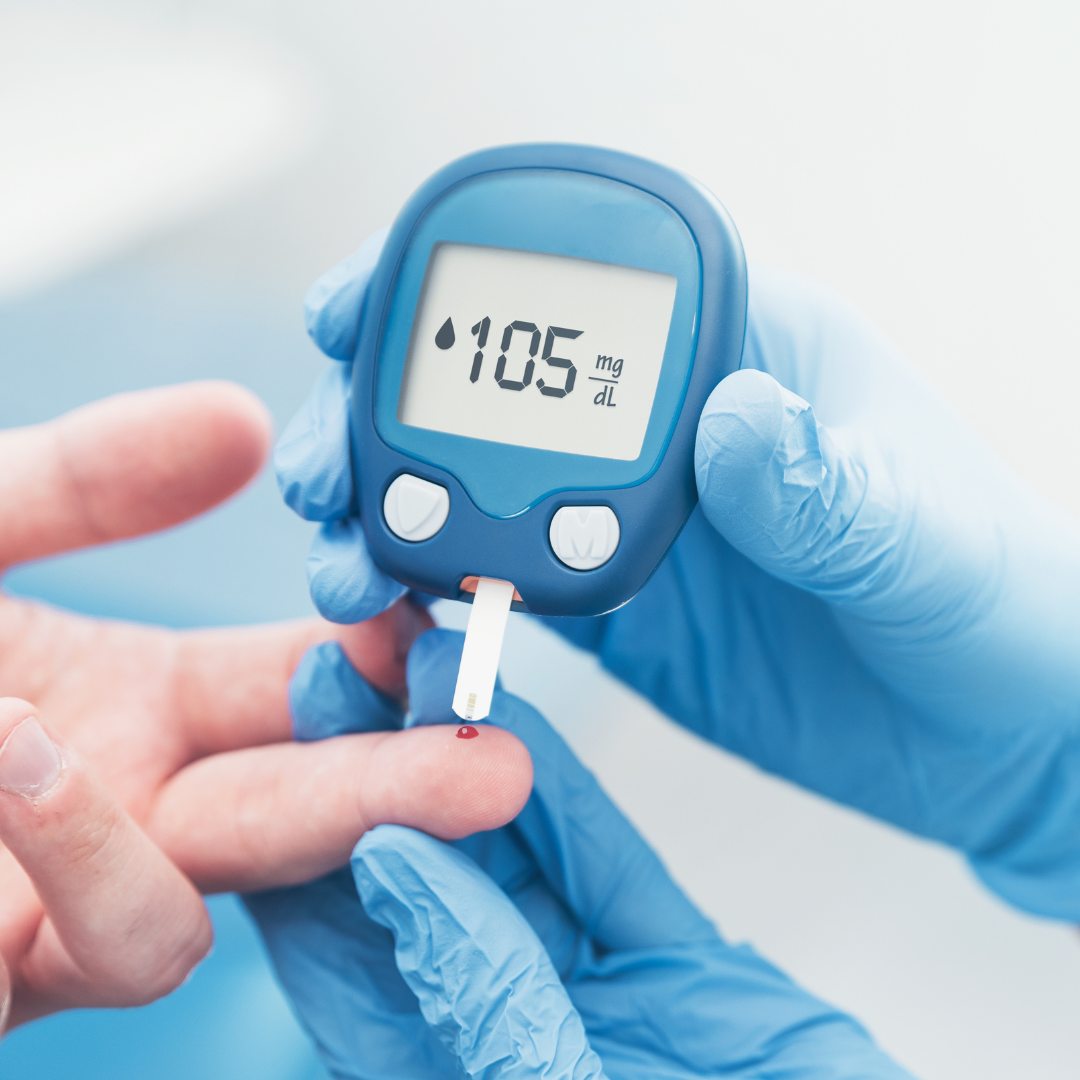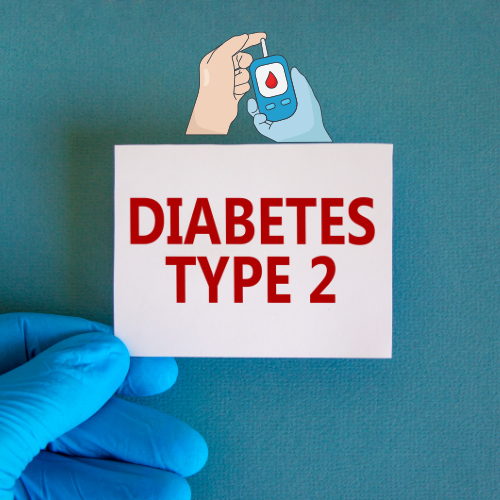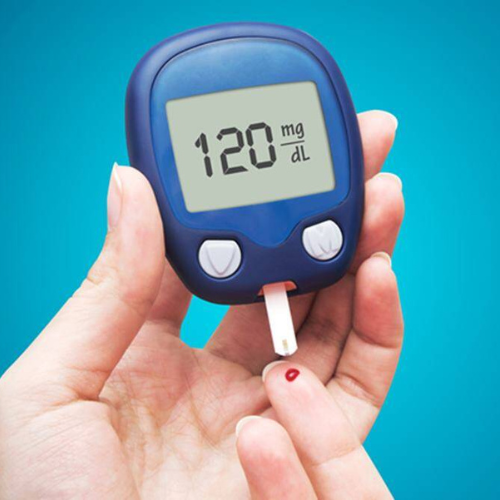Diabetes Reversal

Diabetes
Diabetes, known as Madhumeha in Ayurveda, is a metabolic disorder characterized by elevated blood sugar levels and is classified under Prameha. It is primarily caused by a sedentary lifestyle, excessive day sleeping, and the consumption of Kapha-aggravating foods such as curd, milk, sweets, fish, jaggery, and newly harvested grains. These factors lead to impaired metabolism and imbalance in the body. Kiaan Ayurveda is here to help you in conquering your diabetes .

Type 2 Diabetes
Also known as non-insulin-dependent or adult-onset diabetes, where the body either does not produce enough insulin or becomes insulin resistant.

Type 1 Diabetes
Insulin-dependent or juvenile diabetes, characterized by the immune system attacking insulin-producing cells in the pancreas.

Gestational Diabetes
Pair text with an image to focus on your chosen product, collection, or blog post. Add details on availability, style, or even provide a review.
Ayurvedic Concept of Diabetes:
In Ayurveda, diabetes is classified into two main types based on the predominant dosha and body constitution:

Sthoola Pramehi (Obese Diabetes)
This type of diabetes predominantly affects individuals with a Kapha constitution or those who exhibit Kapha aggravation. It is characterized by excess body weight, sluggish metabolism, and a tendency towards fluid retention. Sthoola Pramehi individuals may have higher insulin resistance and are prone to complications such as obesity-related diabetes.

Krisha Pramehi (Lean Diabetes)
Krisha Pramehi primarily affects individuals with a Vata constitution or those with Vata aggravation. It is characterized by lean body mass, rapid metabolism, and a tendency towards dryness and depletion. Krisha Pramehi individuals may experience sudden fluctuations in blood sugar levels and are susceptible to complications associated with Vata imbalance.
Symptoms of Diabetes:
- Excessive urination (Polyuria)
- Excessive thirst (Polydipsia)
- Constant hunger
- Weight gain or weight loss
- Vision changes or diabetic retinopathy
- Fatigue
- Nerve damage or diabetic neuropathy
- Reduced immunity leading to increased susceptibility to infections
- Burning sensation in the feet (diabetic foot)
Impact of HbA1c:
Hemoglobin A1c (HbA1c) is a crucial marker used to monitor long-term blood sugar levels. It reflects the average blood glucose levels over the past 2-3 months. Elevated HbA1c levels indicate poor glycemic control, which can lead to various complications such as cardiovascular disease, kidney damage, nerve damage, and impaired wound healing.
Ayurvedic Approach to Diabetes Management:

Dietary Recommendations:
Ayurveda emphasizes a balanced diet tailored to individual body types (doshas). It includes whole grains, vegetables, fruits, lean proteins, and healthy fats while avoiding sugary and processed foods. Dietary modifications aim to regulate blood sugar levels naturally.

Herbal Remedies
Specific herbs like bitter gourd (Karela), fenugreek (Methi), Indian gooseberry (Amla), and turmeric (Haldi) are used in Ayurveda for their anti-diabetic properties. These herbs help improve insulin sensitivity, enhance pancreatic function, and regulate blood glucose levels.

Lifestyle Modifications
egular physical exercise, stress management techniques (such as yoga and meditation), and maintaining a disciplined daily routine are integral to managing diabetes effectively in Ayurveda. These practices improve insulin sensitivity, aid weight management, and reduce the risk of complications.

Panchakarma
Ayurvedic detoxification therapies (Panchakarma) are employed to eliminate accumulated toxins (ama) from the body. This cleansing process supports metabolic function, enhances digestive health, and promotes overall well-being.
HbA1c Impact and Management:
- Target Levels: Maintaining HbA1c levels within the recommended target range (usually below 7%) reduces the risk of diabetic complications.
- Long-term Benefits: Lowering HbA1c through Ayurvedic interventions not only improves glycemic control but also contributes to better cardiovascular health, nerve function, and overall quality of life.
Consultation and Monitoring:
Individual responses to Ayurvedic treatments vary, necessitating personalized recommendations from an Ayurvedic practitioner like Dr. Deepti Gupta. Regular monitoring of HbA1c levels and coordination with primary healthcare providers ensure comprehensive diabetes management.
Conclusion
Ayurveda offers a holistic approach to managing diabetes by addressing the root causes through diet, herbal remedies, lifestyle modifications, and detoxification therapies. By integrating these practices into daily life and maintaining optimal HbA1c levels, individuals with diabetes can effectively prevent complications and achieve long-term health and well-being.
Book Your Appointment Now
My Store


